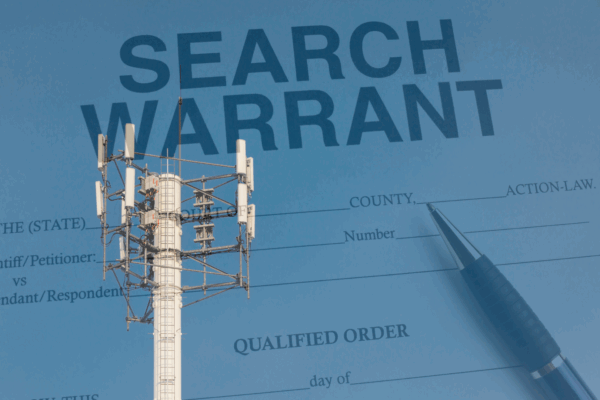The Massachusetts Supreme Judicial Court today ruled that police must get a warrant before securing “tower dumps” that provide location data about multiple people over multiple days—even if each individual “dump” covers just “small increments” of data. The Court also held that warrants for tower dumps can be issued only by judges, and that the warrant must include protocols for the “prompt and permanent disposal of any and all data” that does not fit within the object of the search.
The American Civil Liberties Union and the ACLU of Massachusetts, along with Electronic Frontier Foundation, Massachusetts Association of Criminal Defense Lawyers, and the Committee for Public Counsel Services, submitted an amicus brief in Commonwealth v. Perry.
Jessie Rossman, managing attorney at the ACLU of Massachusetts, released the following statement in response:
“This is a groundbreaking decision that provides crucial privacy protections for people in Massachusetts. The message is clear: If the police use tower dumps over multiple days to identify someone they believe to have committed crimes, they must first get a warrant, and they must promptly discard any data they acquire from those tower dumps about people other than the target.”
Nathan Freed Wessler, deputy director of the ACLU’s Speech, Privacy, and Technology Project, released the following statement in response:
“Tower dumps provide police with an unprecedented investigatory power. This decision—the best on this surveillance technique to date—solidifies the Massachusetts Supreme Judicial Court’s role as a leading voice on privacy in the digital age.”
Stay Informed
Sign up to be the first to hear about how to take action.
By completing this form, I agree to receive occasional emails per the terms of the ACLU’s privacy statement.
By completing this form, I agree to receive occasional emails per the terms of the ACLU’s privacy statement.

